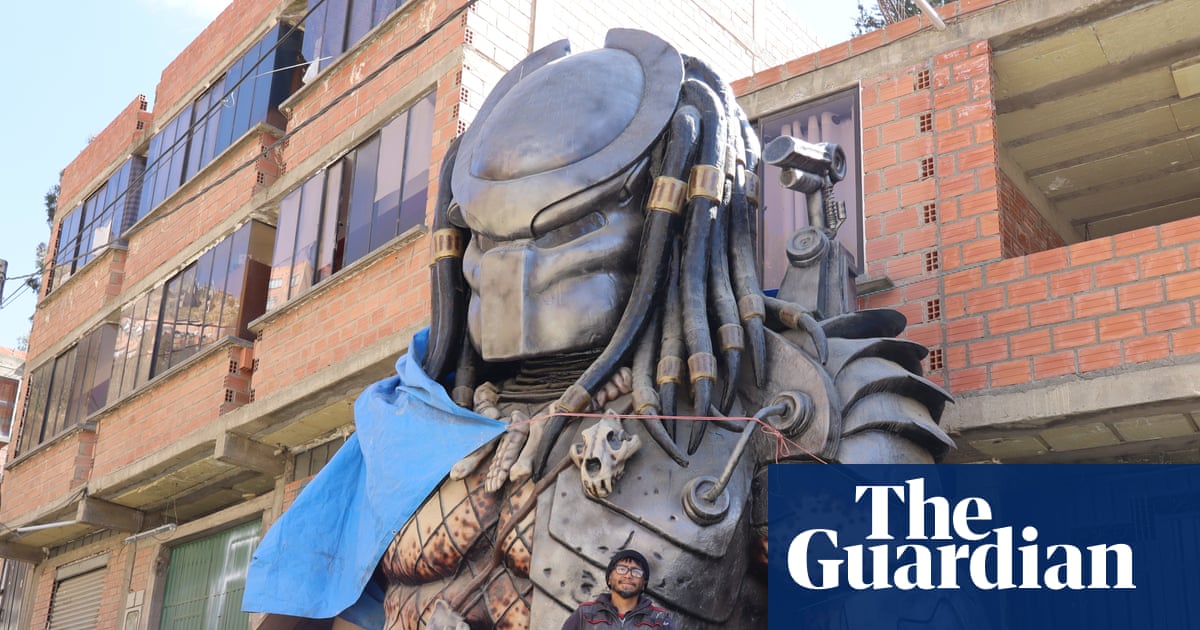
"Amid the almost monochrome landscape of bare-brick buildings in the high-altitude Bolivian city of El Alto, taller structures painted in garish colours and mirrored glass stand out, topped with giant statues of pop culture figures such as Batman and Iron Man. The extravagant structures are known as cholets, a blend of chalet and cholo, the term used for people of Indigenous roots who moved to urban areas while retaining their cultural traits."
"Now, however, they have become a symbol of how the leftist Movimiento al Socialismo (Mas) lost support among its base and has gone from hegemony to the brink of obliteration. After nearly 20 years of Mas government, the party's presidential candidate won just 3.16% of the vote in Sunday's election only a whisker above the 3% threshold set by the electoral court for a party to remain eligible."
"I voted for Mas in the past, but this time I chose the right, said Ronnyxh Oliver Mamani Figueredo, 34, an Aymara carpenter and pharmacy owner who has a seven-storey, Knights of the Zodiac-themed cholet that cost more than $1m. Figueredo is still repaying the construction loans, but amid Bolivia's worst economic crisis in four decades, he has been forced to cut the rental price of the building's 400-capacity event hall from 5,000 bolivianos (540) to 2,500 (270)."
El Alto features tall, brightly painted cholets capped with giant pop-culture statues that blend chalet and cholo aesthetics. Cholets once signalled a rising Aymara bourgeoisie during the commodities boom driven by natural gas exports under Evo Morales. The buildings now mark a political shift as Movimiento al Socialismo (Mas) suffered a dramatic electoral collapse, its presidential candidate receiving only 3.16% of the vote, barely above the 3% threshold to remain eligible. Bolivia faces a runoff between two rightwing candidates, and Mas appears likely to lose almost all congressional representation. Economic hardship has forced cholet owners to cut event-hall rents.
Read at www.theguardian.com
Unable to calculate read time
Collection
[
|
...
]